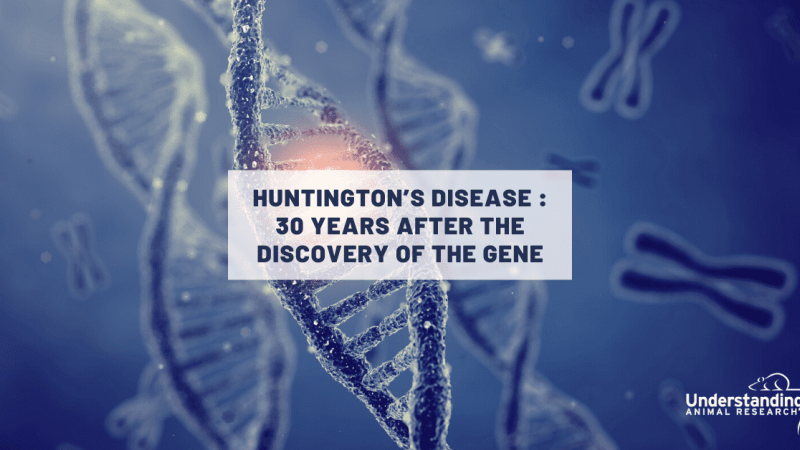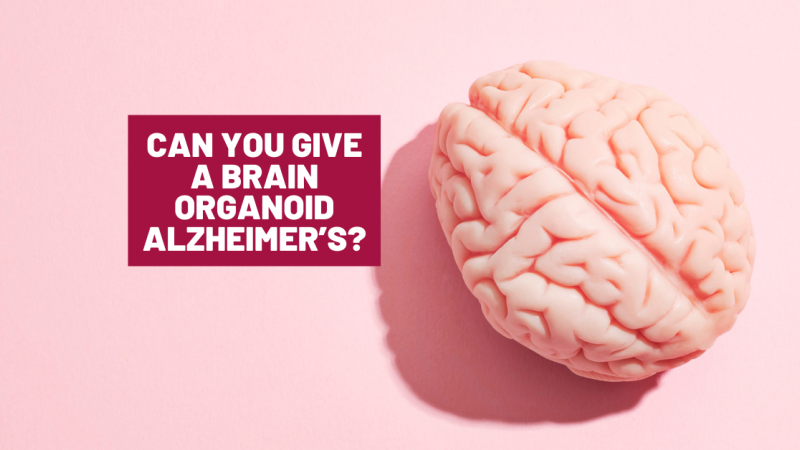Text to go here...
 A new compound that reduces brain cell death in mice could mark a new target for treatments against Alzheimer’s disease.
A new compound that reduces brain cell death in mice could mark a new target for treatments against Alzheimer’s disease.
This is the first time that a compound has completely prevented neurodegeneration, causing much excitement among the research community. Roger Morris, from King’s College London, said: ‘This finding, I suspect, will be judged by history as a turning point in the search for medicines to control and prevent Alzheimer’s disease.’
The scientists, from the MRC Toxicology Unit at Leicester University, studied the behaviour of mice with the prion disease scrapies. Prions are misfolded proteins that accumulate in cells - similar to the root cause of Alzheimer’s disease and other neurodegenerative conditions. The brain cells respond to the misfolded proteins by blocking the production of all proteins. This is a self-defence mechanism designed to protect the body from viruses replicating in infected cells. If this shutdown is not reversed, the cell essentially starves itself and dies.
The new drug-like compound, made by pharmaceutical company GlaxoSmithKline, can block this mechanism in cells and prevent cells from dying in large numbers. While the control group developed severe memory and movement problems and died within 12 weeks, those given the compound showed no symptoms.
‘Targeting a mechanism relevant to a number of degenerative diseases could yield a single drug with wide-reaching benefits,’ said Dr Eric Karran of Alzheimer’s Research UK. ‘It will be important for these findings to be repeated and tested in models of other neurodegenerative diseases, including Alzheimer's disease.’
Last edited: 11 March 2022 08:45




